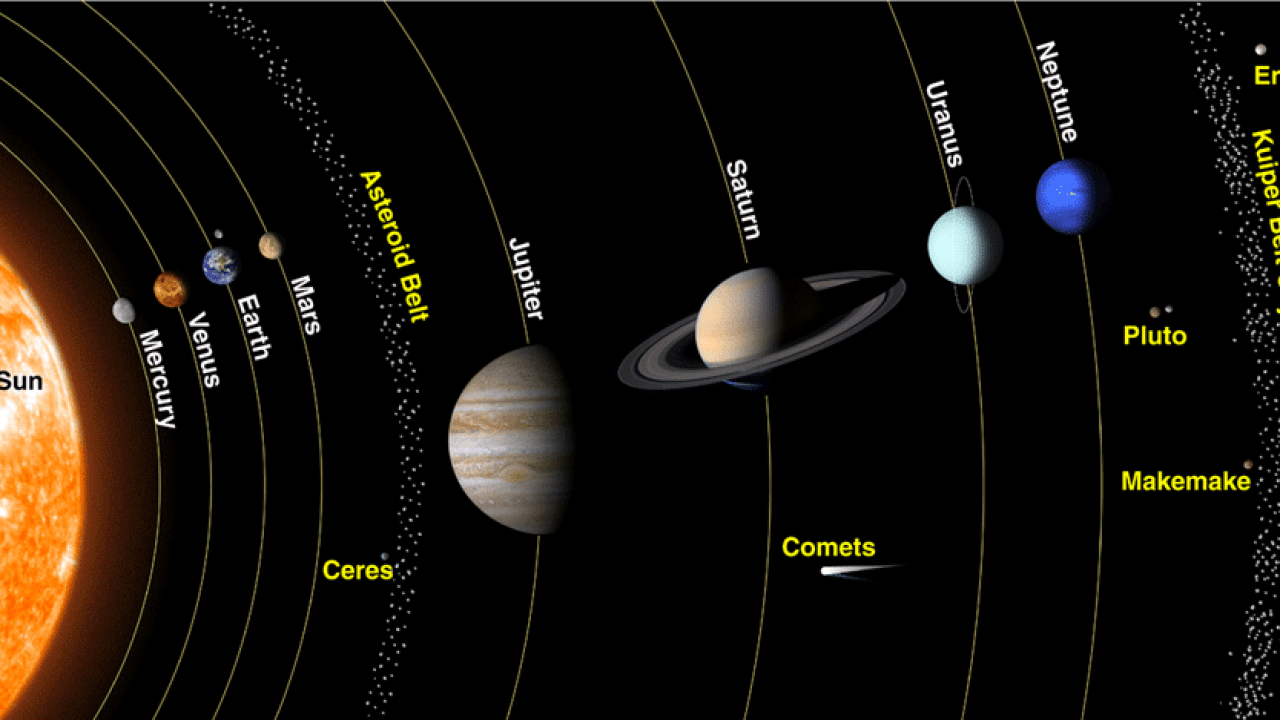A planetary system is a collection of celestial objects that orbit a star. Our own solar system is just one example of a planetary system. However, there are countless others out there, many of which are vastly different from our own.
The Formation of Planetary Systems
The formation of planetary systems is a complex process that begins with a cloud of gas and dust. As this cloud collapses under its own gravity, it spins faster and faster, forming a disk-shaped structure. Over time, the material in this disk can clump together to form planets, moons, and other celestial objects.
Types of Planetary Systems
There are many different types of planetary systems, each with its own unique characteristics. Some planetary systems have a large number of planets, while others have only a few. Some systems have planets that are very similar to Earth, while others have planets that are completely unlike anything we have seen in our solar system.
Exoplanets: Worlds Beyond Our Solar System
In recent years, astronomers have discovered thousands of planets outside of our solar system, known as exoplanets. These exoplanets come in a wide variety of sizes and compositions, ranging from small, rocky planets to massive gas giants. Some exoplanets even orbit multiple stars.
The Search for Habitable Planets
One of the most exciting areas of research in astronomy is the search for habitable planets. These are planets that have the potential to support life. Scientists are looking for planets that are similar in size and composition to Earth, and that have liquid water on their surfaces.
The Future of Planetary Systems
As technology continues to advance, we can expect to discover even more planetary systems and learn more about the formation and evolution of these celestial objects. The study of planetary systems is helping us to understand our own place in the universe and the possibility of life beyond Earth.
